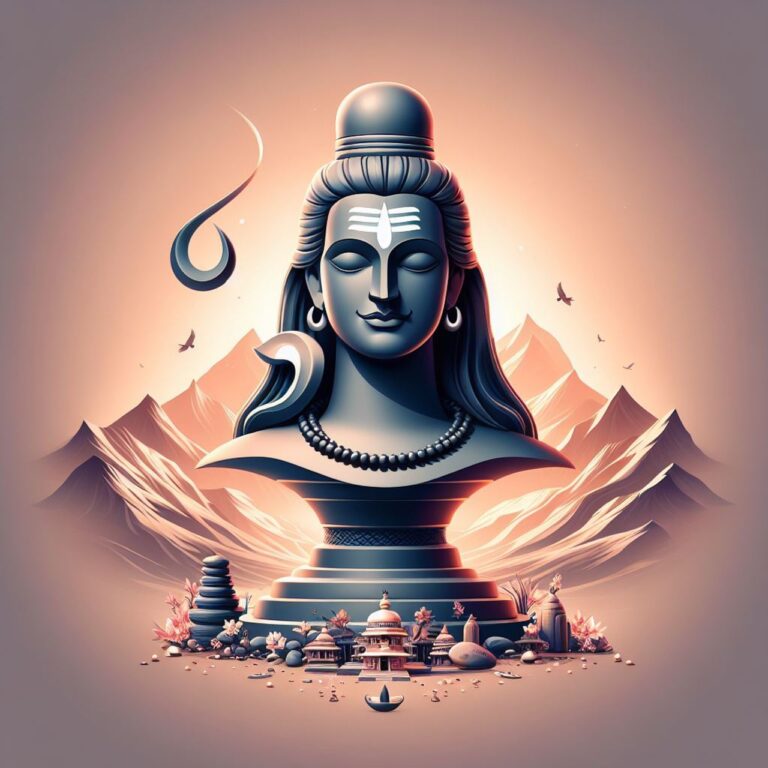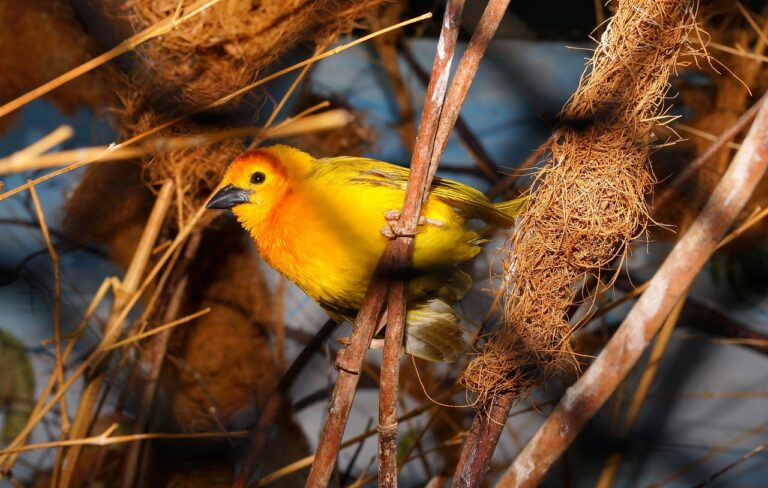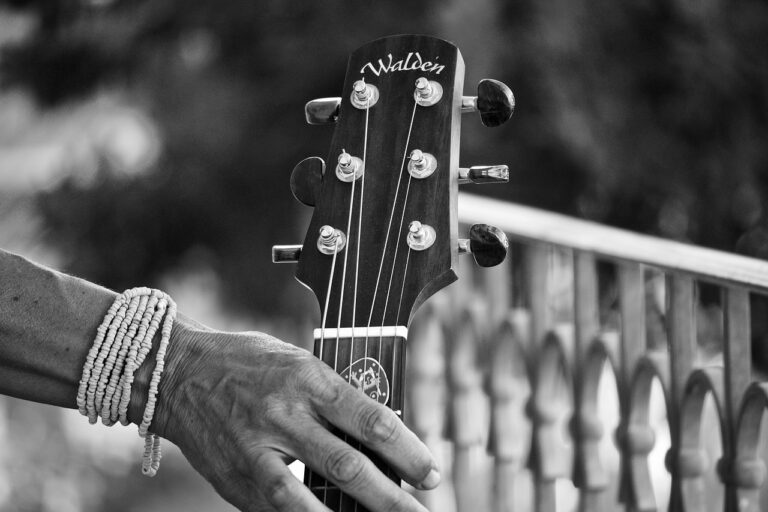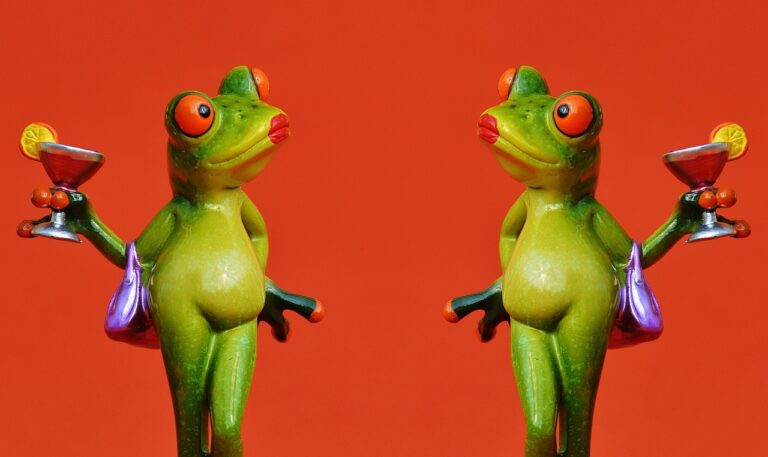Opera and Folklore: Exploring Cultural Traditions and Oral Histories
diamondexch999.com login, skyexchange sign up, ready book club login: Opera and Folklore: Exploring Cultural Traditions and Oral Histories
If there’s one thing that unites people across different cultures and communities, it’s the power of storytelling. From ancient myths and legends to modern-day folklore, oral histories have played a crucial role in shaping our understanding of the world around us. In the world of music, two art forms that have beautifully captured these narratives are opera and folklore.
Opera, with its powerful vocal performances and grandiose productions, has long been a vehicle for telling stories of love, betrayal, tragedy, and triumph. On the other hand, folklore encompasses the traditional beliefs, customs, and stories passed down through generations within a particular community. While opera and folklore may seem like two distinct art forms, they are deeply intertwined in their ability to convey cultural traditions and oral histories.
Exploring Cultural Traditions
Opera has a rich history of drawing inspiration from folklore and traditional stories. Countless operas are based on folk tales, myths, and legends from various cultures around the world. Whether it’s Mozart’s “The Magic Flute” based on Egyptian mythology or Puccini’s “Madama Butterfly” inspired by a Japanese folk tale, opera has been a medium for bringing these cultural traditions to life on the stage.
By incorporating elements of folklore into their storytelling, opera composers and librettists have been able to capture the essence of different cultures and convey universal themes that resonate with audiences worldwide. This fusion of music and folklore not only adds depth and richness to the opera but also helps preserve and celebrate cultural traditions for future generations.
Exploring Oral Histories
Folklore, with its emphasis on oral tradition, serves as a repository of cultural history and heritage. Through myths, legends, songs, and dances, folklore preserves the collective memories, beliefs, and values of a community. These stories are often passed down orally from one generation to the next, ensuring that they remain alive and relevant in a constantly changing world.
Opera, with its powerful storytelling and emotional performances, has the ability to bring these oral histories to a wider audience. By staging operas based on folklore and traditional stories, composers and performers can breathe new life into age-old tales and introduce them to audiences who may not be familiar with their cultural significance.
As we continue to explore the intersection of opera and folklore, we discover a world where music and storytelling come together to create a tapestry of cultural traditions and oral histories. Through these art forms, we can experience the beauty and richness of different cultures, gaining a deeper appreciation for the diversity and complexity of the human experience.
FAQs
Q: Are opera and folklore only relevant to certain cultures?
A: No, opera and folklore draw inspiration from cultures around the world, making them universal art forms that transcend geographical boundaries.
Q: How can I learn more about opera and folklore?
A: You can attend opera performances, read books on folklore, or explore online resources to deepen your understanding of these art forms.
Q: Are there any modern operas that incorporate folklore?
A: Yes, many contemporary composers have created operas that draw on folklore and traditional stories to create new and innovative works of art.







